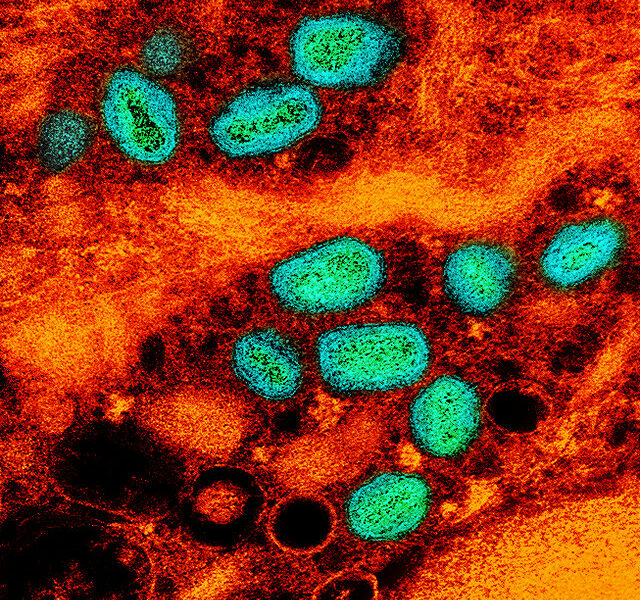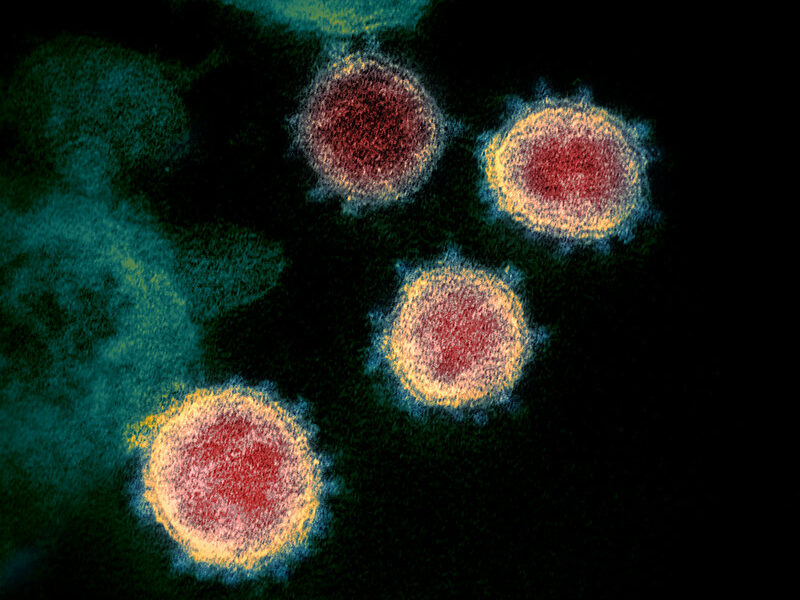An outbreak of tuberculosis has infected eight percent of the people in the small Northern Quebec community of Kangiqsualujjuaq, Nunavik. Officials believe the outbreak stems from poor living conditions such as overcrowded housing and poor ventilation. Twenty new cases were reported in the last month, bringing the total to 68 cases.
The Public Health Agency of Canada is working to discover the origin of the outbreak and curb its spread. Officials are also bringing additional resources to the area, such as a mobile x-ray machine.
BCG, or Bacille Calmette-Guerin, the vaccine for tuberculosis, is currently unavailable after a recall in mid-June over concerns of quality. The Sanofi manufacturing facility in Montreal halted vaccine production after the recall, and no other manufacturers are licensed to sell the vaccine in Canada.
Serge Dery, a member of Nunavik’s Health Board, said infants will be vaccinated for TB when the vaccination becomes available again.
Dr. Patrick Tang, a medical microbiologist at the British Columbia Centre for Disease Control, explained that addressing the social causes of the disease, such as poor living conditions, while necessary, is “more difficult” than providing testing and treatment for TB. Because of the highly contagious nature of the bacterium, people who are in close contact with infected people have a thirty percent chance of infection, Dr. Tang stated.
Tuberculosis is a disease caused by bacteria that travel from person to person in droplets in the air. A person who is infected but does not show symptoms may have latent TB and can still transmit the bacteria to others. TB can be cured with antibiotics, and prevented with a vaccine. However, the vaccine is not used regularly in Canada except in First Nation and Inuit communities where outbreaks occur more often.
For more information on TB, please visit HealthMap’s piece on tuberculosis and drug resistance.

